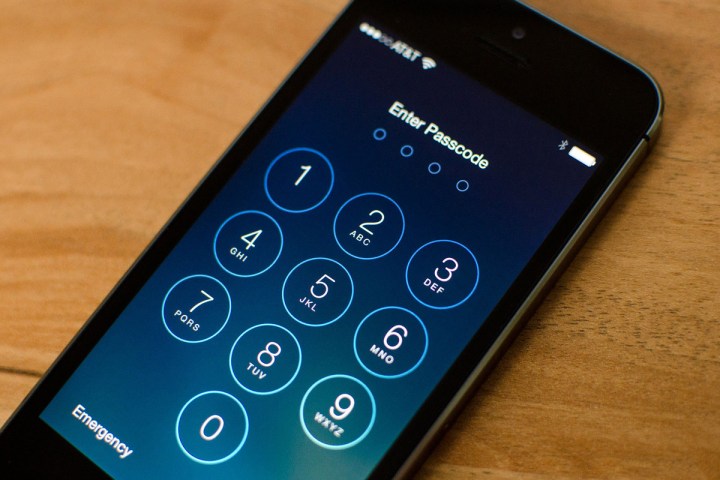
Thanks to the likes of Apple and Google, more and more consumer devices are being encrypted by default. That means law enforcement are having a tough time cracking these devices open when they need to for criminal and terrorist investigations.
“We are increasingly finding devices … that we can’t open,” FBI Director James Comey said in a keynote speech at the annual Special Operations Forces Industry Conference, according to National Defense Magazine.
It’s not just device makers that are causing problems for the government — services and apps like WhatsApp, which switched on end-to-end encryption for its more than 1 billion users, are allowing people to securely chat without risk of government snooping. That can be a a boon for user privacy, but also a detriment when dealing with criminals and terrorists.
It’s what prompted the Apple vs. FBI encryption war, which began after one of the San Bernardino, California, terrorists left behind a locked iPhone. Apple initially complied with the investigation, but when the company received a court order demanding it create a tool that would provide backdoor access into the iPhone, the Cupertino, California, company refused.
Apple feared the tool would fall into the wrong hands, thereby jeopardizing its customers’ security and privacy. Most of Silicon Valley agreed, along with many privacy groups and human rights organizations that voiced their support for the iPhone maker.
The FBI eventually dropped the case, and a second one in New York, after it found a way to break into those devices thanks to professional “gray hat” hackers it paid “a lot” of money.
Comey recently said the bureau has examined 4,000 devices since October 2015, and has been unable to get into 500 of them due to encryption. Naturally, he said at the conference, the number of inaccessible devices will grow. The FBI director has been a strong proponent for a backdoor into devices and services in order for the government to easily access user data to assist criminal and terrorism investigations.


